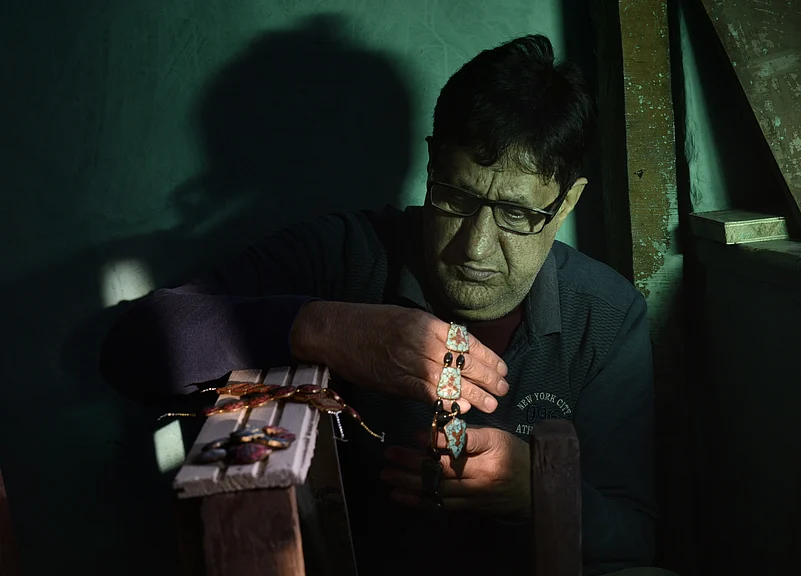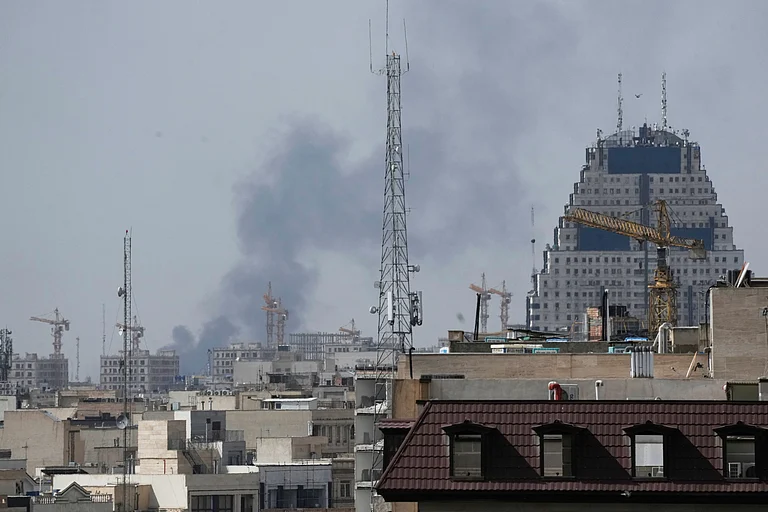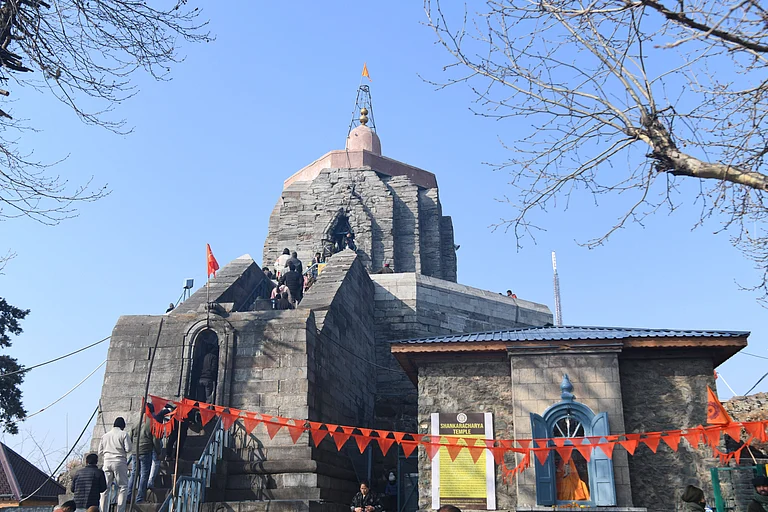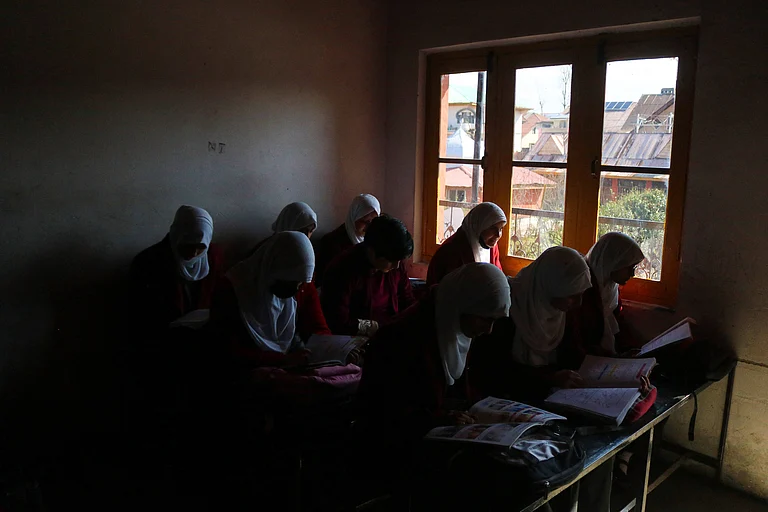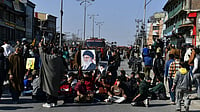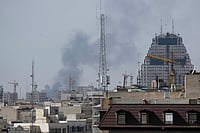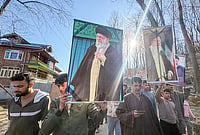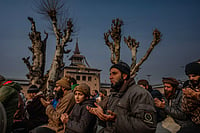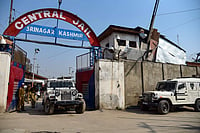
Orders from the US have dried up for Kashmir’s handicrafts sector after Trump announced a 50 per cent tariff on Indian exports.
Business scenario remained grim even before the actual tariff hike, as US importers have been anticipating a change in the tax structure.
The business of handicrafts items like hand-carved souvenirs, carpets and papier-mâché artefacts is the worst affected.
Mudasir Murran, 37, has cut down the number of artisans from 70 to half at his factory, where walnut wood is carved into furniture and artefacts. The reduction in staff came after orders dried up for his handicrafts export business since US President Donald Trump announced a 50 per cent tariff on Indian exports. Murran has been exporting the wood-carved articles mostly to the US.
In Kashmir, businessmen said that after the fresh tariffs, they were unable to sell the products in the US market. The handicrafts items that were mostly sold included hand-carved souvenirs, carpets and papier-mâché artefacts.
Kashmir’s handicrafts sector has been battling the surge of machine-made products in the market, and now the tariffs have hit it hard. According to traders, the US market has witnessed a slowdown for several months, even before the tariff hike. The US importers have been anticipating a change in the business scenario due to the new tax regime that they felt would be introduced by the Trump administration before his actual announcement of tariff hike. After the actual announcement, the demand for Kashmiri handicrafts has gone down as Kashmiri dealers are not getting fresh orders from the customers.
Although Kashmir’s handicrafts sector has done well this year, with overall exports touching over Rs 300 crore in the first quarter of the current financial year, the uptick has mostly come from the Middle East and European markets. The demand has remained low from the US market.
“These tariffs are a big setback for the artisans and businessmen in Kashmir, considering we were already facing a downturn,” said Murran. “There is a direct impact. Kashmir art is already expensive, and now we are facing the tariff threat. Also, Kashmir art has limited clients. Most of our buyers are in the US. Now they are not forthcoming with orders because of the tariff. This was on cards and we saw it coming, but the trade has been getting impacted for a few months now.”
The carpet export business, which has contributed over 30-35 per cent to handicrafts exports, is also getting affected as there are no fresh buyers for the high-priced rugs. Shiekh Ashiq, who has been shipping handmade carpets to the US, said that there was a significant downturn in the business after the fresh tariff announcement.
“Exports of shawls, carpets and papier-mâché items are getting impacted. We have been exporting carpets to the US, but the orders have now dried up. As if the flooding of machine-made products was not enough, the increased taxes have added to our woes,” said Ashiq.
The officials at the handicrafts department were hoping for the trade scenario between India and the US to improve, but that does not seem to be happening. The handicrafts sector remains a major source of livelihood with over four lakh people—including craftsmen, artisans and weavers from underprivileged backgrounds—dependent on it for survival.
“We are also expecting that the government will announce some tax concessions so that the traders could withstand the impact of the US tariff hike,” said a senior government official. The official said that the decision on working out a beneficial reciprocal tax arrangement for Kashmir’s handicrafts sector was to be taken by the Central government.
Javed Ahmad Tenga, president of the Kashmir Chamber of Commerce and Industries (KCCI), said the Kashmir handicraft sector was the most affected among other businesses. “The major market of our exports to the US is handicraft items. Apart from the exports of carpet rugs, the sale of shawls and handcrafted items has begun to take a hit. The impact will be larger if the tariff hike remains effective for a long time,” he said.
Prominent Kashmiri economist, Prof Nisar Ali, said that the Trump administration has increased the tariffs to control the deficit in the US economy. The Indian exports in general have been hit, while in Kashmir, the major impact was on the handicrafts sector. “We have been facing issues as imports of apple and walnut varieties from the US have been affecting the prices of local produce. In Kashmir, the handicrafts sector remains a major export-driven industry. A chunk of our business goes to the US.”






